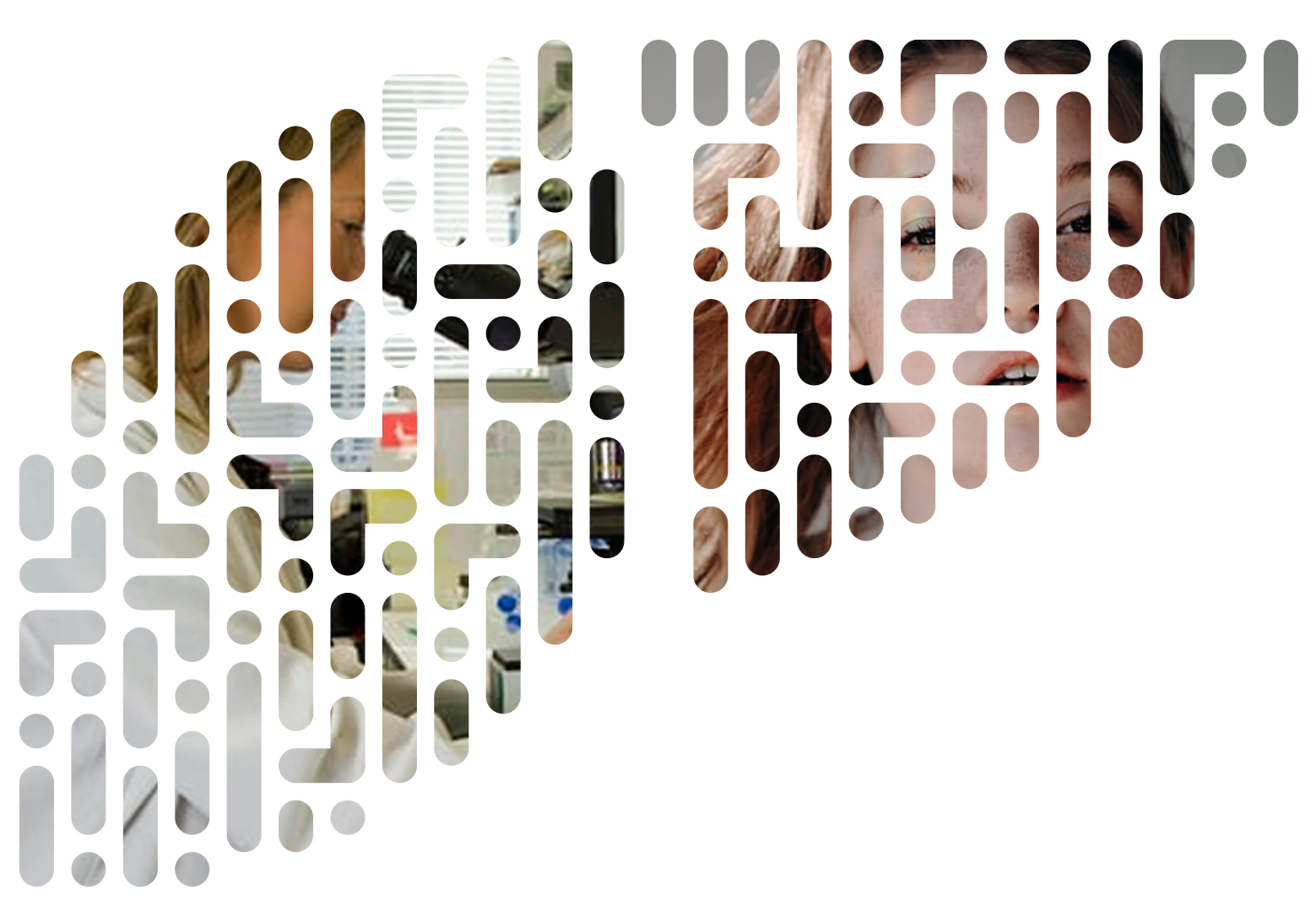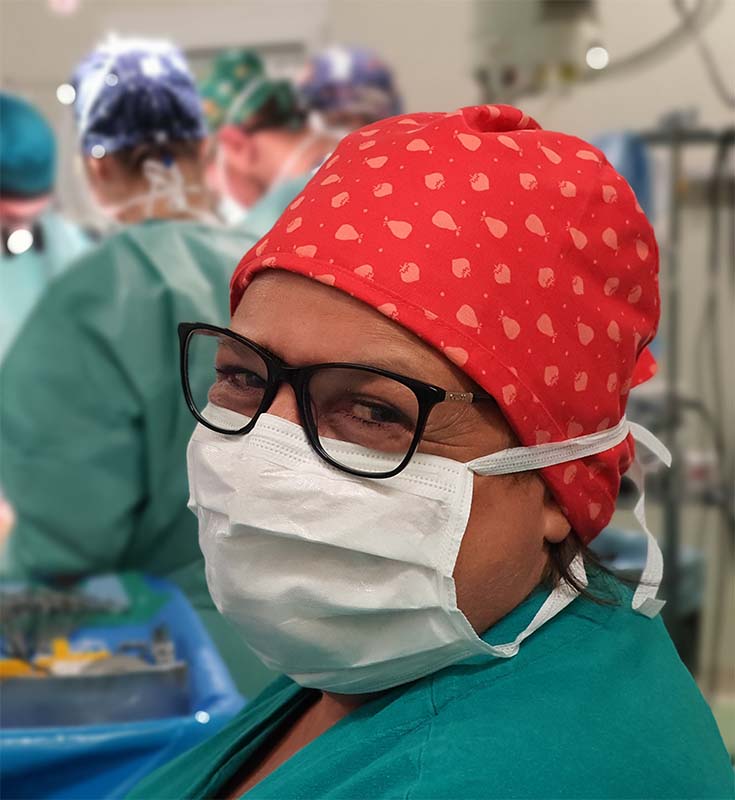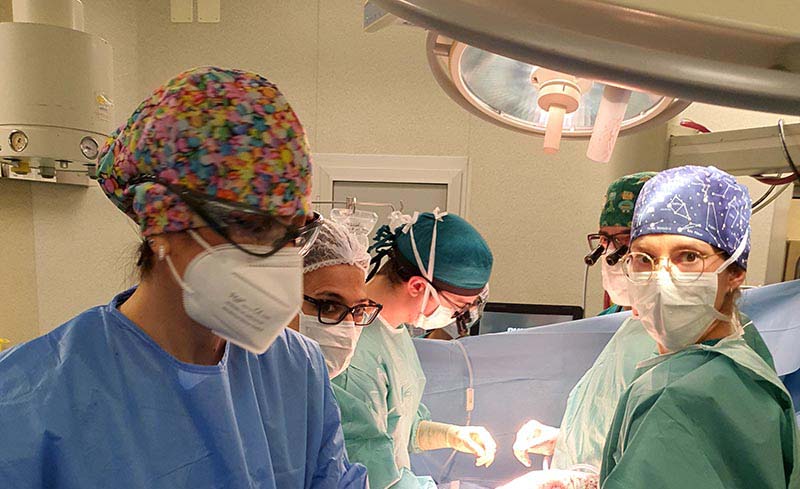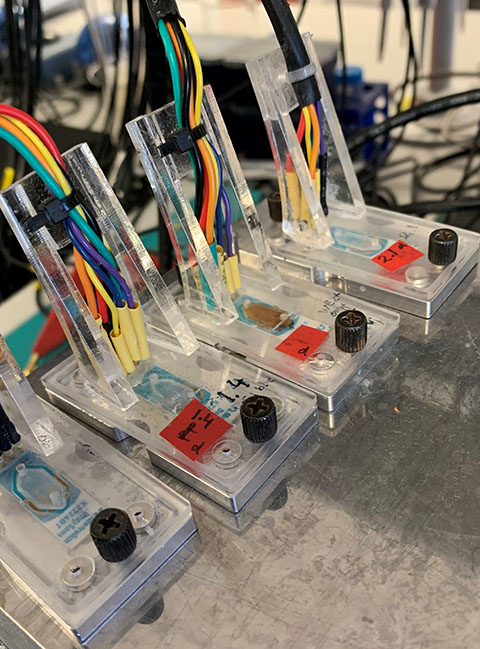
organ transplantation livers
sensiBile
organ transplantation livers
Point-of-care biomedical device for simple, non-invasive liver transplant viability testing.
Defining the risk of biliary complications during organ retrieval
Fast, Sensitive, Non-invasive
OUR MISSION AND VALUES
Our mission is to revolutionise organ transplantation by defining the quality of the donor livers prior to transplantation, ensuring the best for the transplanted patients and for the transplant surgeons.
OUR MISSION AND VALUES
Our mission is to revolutionise organ transplantation by defining the quality of the donor livers prior to transplantation, ensuring the best for the transplanted patients and for the transplant surgeons.

CLINICAL NEED
More than 30,000 donor livers are transplanted annually worldwide. In the UK alone, 8,740 liver transplants were carried out in the last ten years. The current gap between supply and demand for donor organs is increasing and not all patients on the waiting list will receive a life-saving transplant.
Moreover, up to 30% of the transplanted livers will develop biliary complications, a major factor determining long term patient survival following liver transplantation. Biliary complications have a large impact on patient morbidity, requiring time, money, resources and ultimately a second transplant.
One factor contributing to declining donor livers for transplantation is the lack of diagnostic tools to judge the overall quality of the liver and the probability of the donor liver to develop biliary complications.

CLINICAL NEED
More than 30,000 donor livers are transplanted annually worldwide. In the UK alone, 8,740 liver transplants were carried out in the last ten years. The current gap between supply and demand for donor organs is increasing and not all patients on the waiting list will receive a life-saving transplant.
Moreover, up to 30% of the transplanted livers will develop biliary complications, a major factor determining long term patient survival following liver transplantation. Biliary complications have a large impact on patient morbidity, requiring time, money, resources and ultimately a second transplant.
One factor contributing to declining donor livers for transplantation is the lack of diagnostic tools to judge the overall quality of the liver and the probability of the donor liver to develop biliary complications.
OUR SOLUTION
sensiBile is developing a new tool to help assessing the viability of the biliary compartment and the quality of the donor liver prior to transplantation. This will expand the donor pool, improve donor-recipient matching and prevent the development of biliary complications.
Our test will help surgeons to judge liver viability prior to transplantation.
The users just need to apply our biosensor to discarded bile during retrieval. The biocompatible electrodes will start reacting to our unique biliary complications-biosignature. The captured signal is translated into a simple high risk/low risk liver message, allowing surgeons to make immediate informed decisions about the viability and further usage of the donor livers.
OUR SOLUTION
sensiBile is developing a new tool to help assessing the viability of the biliary compartment and the quality of the donor liver prior to transplantation. This will expand the donor pool, improve donor-recipient matching and prevent the development of biliary complications.
Our test will help surgeons to judge liver viability prior to transplantation.
The users just need to apply our biosensor to discarded bile during retrieval. The biocompatible electrodes will start reacting to our unique biliary complications-biosignature. The captured signal is translated into a simple high risk/low risk liver message, allowing surgeons to make immediate informed decisions about the viability and further usage of the donor livers.


MEET THE TEAM
Passion is our fuel. We are an interdisciplinary team of scientists and surgeons, committed to improve the life quality of the liver transplanted patients, decrease costs for the healthcare system and reduce the workload of transplant surgeons











